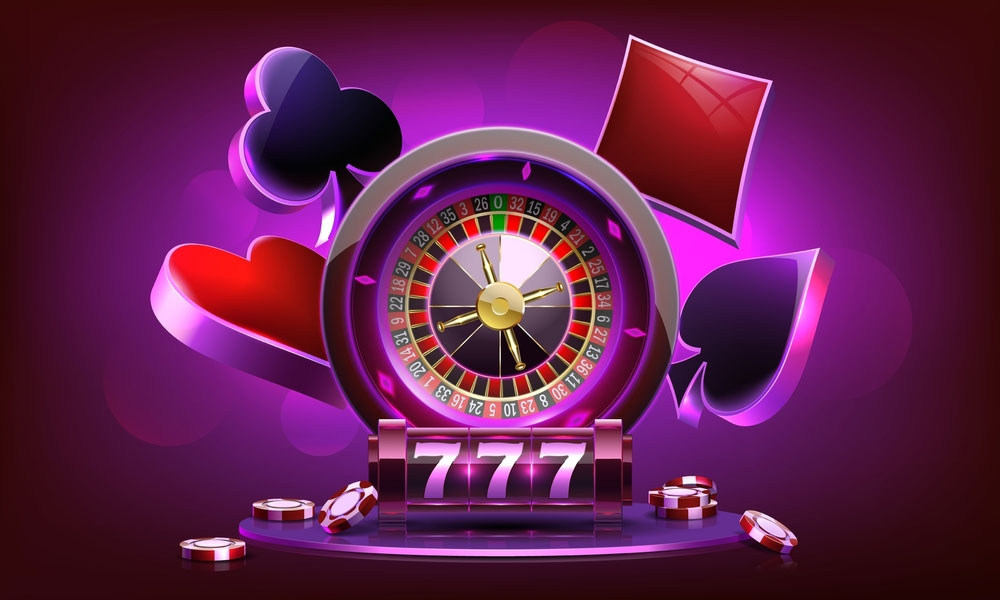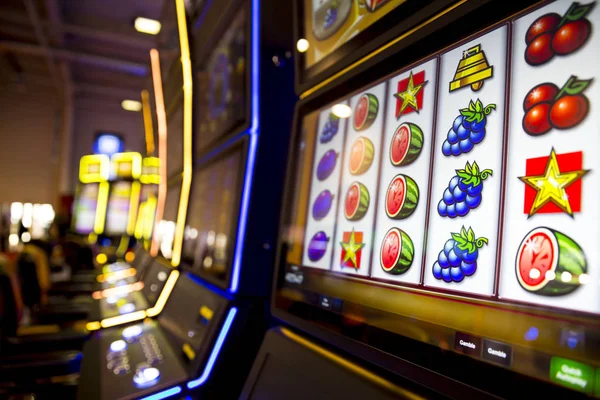Quick decision-making during entertainment activities requires rapid information processing and choice selection under time constraints. Gaming environments present continuous decision points requiring immediate responses to changing situations and available options. Regular practice with rapid choice selection may enhance overall response speed through repetition and familiarity with quick evaluation processes. The fast-paced nature of สล็อตออนไลน์ entertainment creates numerous micro-decisions throughout gaming sessions, potentially building cognitive response patterns through repeated practice. Mental agility development occurs through regular engagement with rapid evaluation scenarios requiring immediate choices.
Cognitive response training
Entertainment environments requiring quick decisions create practice opportunities for rapid information evaluation and choice selection. Immediate feedback systems provide instant results that help calibrate decision speed and accuracy balance. Repeated exposure to time-sensitive choices may build mental reflexes that transfer to other quick decision scenarios. Pattern recognition develops through repeated exposure to similar decision contexts, enabling faster evaluation of familiar situations. Mental templates formed through gaming experience may accelerate decision-making in comparable real-world scenarios requiring rapid responses.
Information processing acceleration
Gaming sessions involve rapid assessment of multiple variables, including current status, available options, and potential outcomes. This multi-variable processing practice may enhance general information evaluation speed through mental exercise. Quick scanning abilities develop through repeated exposure to complex information displays requiring immediate comprehension. Visual information processing improves through practice with rapidly changing display elements requiring instant recognition and response. Mental flexibility grows through adaptation to varying decision contexts and option combinations throughout entertainment sessions.
Reaction time development
- Visual cue recognition – Practice identifying essential information elements within complex display environments
- Response selection – Building speed in choosing appropriate actions from available option sets
- Timing coordination – Developing awareness of optimal decision timing within dynamic entertainment contexts
- Multi-option evaluation – Enhancing the ability to compare different choice alternatives quickly
Reaction speed improvement occurs through repeated practice with immediate response requirements. Gaming environments provide safe practice spaces for developing quick decision-making habits without real-world consequences during skill development phases.
Mental flexibility enhancement
Adaptation to changing game conditions requires mental agility in adjusting approaches based on new information or altered circumstances. Flexibility practice occurs through exposure to varying decision contexts requiring different evaluation criteria. Mental switching abilities develop through rapid transitions between decision types and evaluation frameworks. Problem-solving speed increases through practice with diverse challenge types requiring quick resolution approaches. Creative thinking under time pressure develops through exposure to unexpected situations requiring immediate innovative responses.
Transfer potential assessment
Decision speed improvements in gaming contexts may transfer to other areas requiring quick evaluation and choice selection. Professional environments often benefit from enhanced reaction speed and information processing abilities. Daily life decisions involving time pressure may benefit from improved cognitive response patterns. Transfer effectiveness depends on the similarity between gaming decisions and real-world choice contexts. Specific skill applications require practice in relevant domains to maximise the benefit of translation from entertainment practice to practical applications.
Individual variation factors
Personal cognitive development rates vary widely, with some individuals showing rapid improvement while others develop more gradually. Age, experience level, and natural aptitude influence how quickly decision speed improvements occur through gaming practice. Individual baselines determine realistic improvement expectations and timeline estimates. Optimal practice approaches differ between individuals based on learning preferences and cognitive processing styles. Some benefit from intensive practice sessions, while others prefer distributed practice over extended periods.



